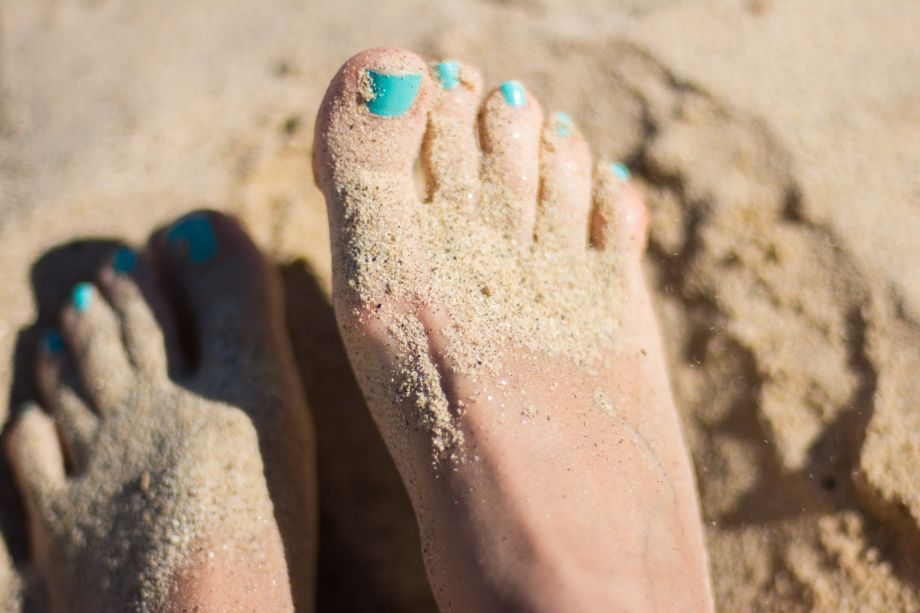A study finds that 10 minutes of massage or relaxation can activate the body’s system for overcoming stress.
Massage measurably reduces stress – The damaging effects of stress are well-known, but fortunately, our bodies have a built-in system for managing and recovering from it. This system is called the parasympathetic nervous system (PSNS).
While there is plenty of anecdotal evidence that taking time to relax — especially when it involves massage — can activate the PSNS, the new study by psychologists at the University of Konstanz in Germany has scientifically measured and confirmed this effect.
In their paper, the researchers conclude that short periods of relaxation may be psychologically and physiologically regenerative and that the effect is even more pronounced with a massage.
The senior author of the study is Prof. Jens Pruessner of the university’s Neuropsychology lab, who is a member of the Cluster of Excellence “Centre for the Advanced Study of Collective Behaviour.” He explains the importance of the new research:
“To get a better handle on the negative effects of stress, we need to understand its opposite — relaxation. Relaxation therapies show great promise as a holistic way to treat stress, but the more systematic scientific appraisal of these methods is needed.”
The study appears in the September 2020 issue of Scientific Reports.
The study
For their study, the team divided the participants into three groups.
The first group received 10-minute head-and-neck massages with a moderate pressure intended to stimulate the PSNS’s vagus nerve. This nerve contains some 75% of the PSNS nerve fibers, branching out to the many organs in the body with which the system interacts.
The second group of individuals received much softer 10-minute neck-and-shoulder massages as a means of determining the PSNS-activating effect of simple tactile contact.
A third control group simply sat at a table relaxing for 10 minutes.
The researchers used both physiological and psychological measurements to evaluate the degree to which each intervention, or lack of, had activated the participants’ PSNS.
Neuropsychology doctoral student Maria Meier led the team, who assessed the tests’ physiological effect by measuring the participants’ heart rate, as well as their heart rate variability (HRV). HRV is a measurement of variations in the time intervals between heartbeats.
For example, when the body is in fight-or-flight mode, there is a very little variation because the heart beats quickly at a steady rate. This will provide a low HRV value. When the body is relaxed, a greater degree of variation occurs, resulting in a higher HRV.
All of the participants had significantly higher HRV levels afterward. However, the most dramatic increases in HRV belonged to those who had received massages. The type of massage did not matter.
Simple tactile contact proved just as effective for helping an individual relax as a massage designed specifically to activate the PSNS.
Psychologically, all participants reported feeling less stressed and more relaxed after the tests.
Overall, the experiments confirmed that simply taking a few moments to relax can help a person manage stress. Adding a relaxing massage does, even more, to activate the PSNS and alleviate the physical and mental effects of stress.
Stress management
Meier concludes: “We are very encouraged by the findings that short periods of disengagement are enough to relax not just the mind but also the body. You don’t need professional treatment in order to relax. Having somebody gently stroke your shoulders, or even just resting your head on the table for 10 minutes, is an effective way to boost your body’s physiological engine of relaxation.”
Equally important as the study’s finding is the development of a system for objectively evaluating relaxation therapies. With experts often citing stress as the driver of diseases such as depression, a reliable means of validating relaxation techniques clearly has value.
Says Meier, “Massage, being such a commonly used relaxation therapy, was our first study. Our next step is to test if other short interventions, like breathing exercises and meditation, show similar psychological and physiological relaxation results.”’
From: https://www.medicalnewstoday.com/articles/massage-measurably-reduces-stress


